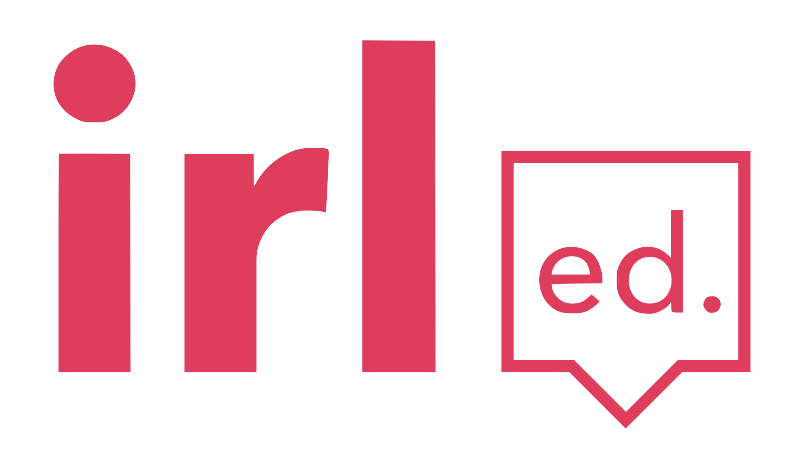FINDING YOUR IDENTITY
High School is a turbulent time for teenagers.
As their focus shifts from having fun to fitting in, they must define for themselves who they are, what they value, how they relate to others, and ultimately who they want to be.
Some parts of our identity we can choose, while others we can’t. Transitioning to adulthood means understanding and accepting those parts of ourselves that are outside our control, while at the same time feeling empowered to explore and shape the malleable parts of our identity through our choices and behaviours.
Identity Is
FLUID
We aren’t the same person we were 5 years ago, and will be different again in 5 years time. Our experiences, values and choices will continue to shape who we are, and who we become.
RELATIONAL
Who we are depends on who we’re with. We show different sides of ourselves to our friends, our family and our classmates, and get to decide who sees what.
UP TO US
We also get to choose how we want to define ourselves. How we spend our time, who we share it with, what we value and what we aspire to are all choices we get to make.
Working out who you are as a teenager is tough. Their world is full of both shouting and subtle voices telling them who they should be - at home, in the playground and increasingly, online. Without the time and space to reflect and think about who they want to be, students are at risk of;
engaging in risky behaviours or seeking status symbols to fit in
rebelling from their parents or school to differentiate themselves
putting down or vilifying others to feel better about who they are
forming unhealthy cliques to avoid being isolated
struggling to regulate healthy behaviour in different environments
However, developing a strong and healthy sense of identity is within reach for all students.
Doing so creates positive self-esteem, which is fundamental to their wellbeing, relationships, creativity and academic performance. IRL is committing to helping students develop a positive sense of identity because we know from first-hand experience how important it is to a happy, healthy and balanced life.
Our course helps students develop their sense of identity through;
reflecting upon who they are at home, at school, and with their friends
identifying their strengths, capabilities and support networks
story sharing, group discussion and shared experience
using positive self-reflection to create a toolkit to manage challenging situations
shared commitments to how they want to feel and how they want others to feel






